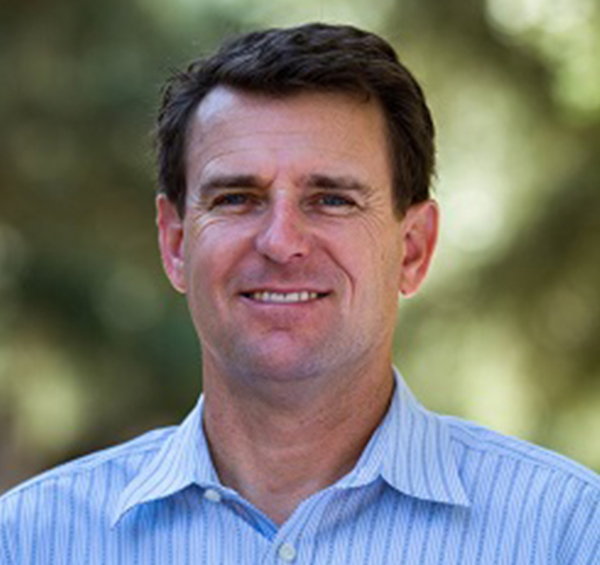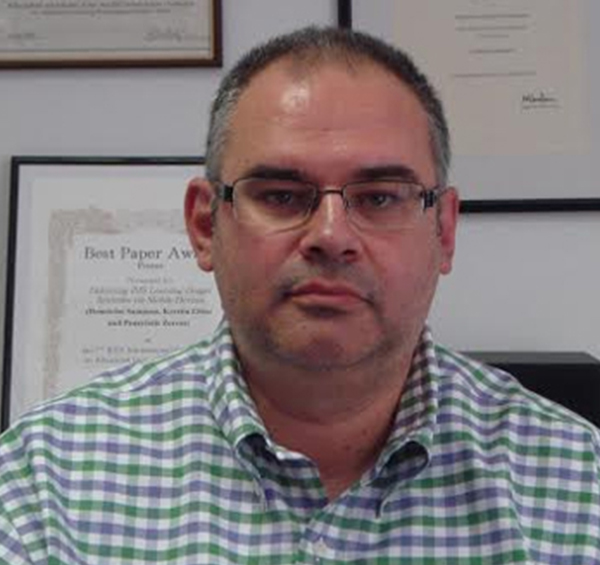The aim of the International Conference ‘Creating Conditions for Deeper Learning in Science’ is to bring together researchers, practitioners and decision makers from all around the world to investigate the concepts of Deeper Learning, the conditions under which it could lead students to develop mastery in scientific subjects and the methods how these achievements can be assessed.
Deeper Learning is usually associated with the concept that the learners have to achieve excellence at school through an equitable educational system. According to the National Research Council Committee (NRC, 2012) Deeper Learning can be defined as:
“the process through which a person becomes capable of taking what was learned in one situation and applying it to new situations – in other words, learning for transfer … by developing cognitive, interpersonal and intrapersonal competencies.”
But Deeper Learning comprises more than this. In this process learners acquire proficiency in a subject beyond just memorising facts and concepts, techniques or procedures . Learners understand the key principles and realise when, how they can apply what they have learned in new real situations. Consequently, deeper learning refers to the combination of a deeper understanding of core academic content, the ability to apply that understanding to novel problems and situations, and the development of a range of competencies, including people skills and self-management (AIR, 2014). So, the concept of Deeper Learning has been used both to describe a set of competencies or educational objectives and to characterize a way of learning (or a process) that promotes these competencies. These competencies (following below) were first introduced by the William and Flora Hewlett Foundation and are essential to prepare students to achieve at high levels.
- Master core academic content. Students develop and draw from a baseline understanding of knowledge in an academic discipline and are able to transfer knowledge to other situations.
- Think critically and solve complex problems. Students apply tools and techniques gleaned from core subjects to formulate and solve problems. These tools include data analysis, statistical reasoning and scientific inquiry as well as creative problem solving, nonlinear thinking and persistence.
- Work collaboratively. Students cooperate to identify and create solutions to academic, social, vocational and personal challenges.
- Communicate effectively. Students clearly organize their data, findings and thoughts in both written and oral communication.
- Learn how to learn. Students monitor and direct their own learning.
- Develop academic mindset. Students develop positive attitudes and beliefs about themselves as learners that increase their academic perseverance and prompt them to engage in productive academic behaviors. Students are committed to seeing work through to completion, meeting their goals and doing quality work allowing them to search for solutions and overcome obstacles.
At the same time, training in science using arts has been shown to improve creativity and innovation as well as students’ Deeper Learning. Students learn to approach issues with a critical mind and a positive attitude towards problem solving. Exposure to the arts enhances communication skills, which are essential tools for collaboration. It develops flexibility and adaptability. Thus the combination of those two disciplines appears to be significant interesting, in regard with the present and future of science education.
References
- American Institutes for Research (2014). Does Deeper Learning Improve Student Outcomes? Retrieved from https://tinyurl.com/yasx7tkt on 23/11/2018
- National Research Council. (2012). A framework for K-12 science education, Practices, Crosscutting Concepts, and Core Ideas. Washington: The National Academic Press.

Kevin Bonine
Director of Education & Outreach, Biosphere 2

Phaedra Boinodiris
Member of IBM’s Academy of Technology

Bruce Johnson
Professor of Environmental Learning and Science Education in the department of Teaching, Learning and Sociocultural Studies, Dean of the College of Education

Florian G. Kaiser
Professor of personality and social psychology at the Otto-von-Guericke University Magdeburg, Germany

